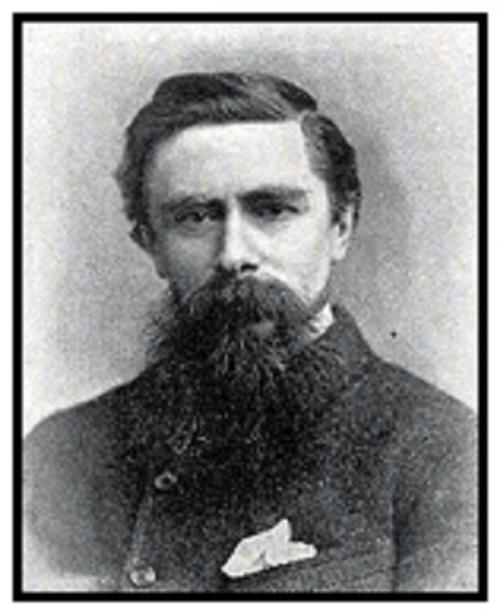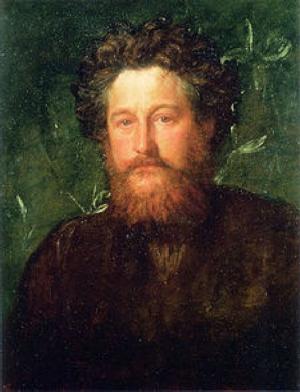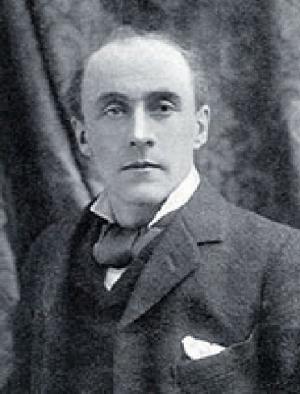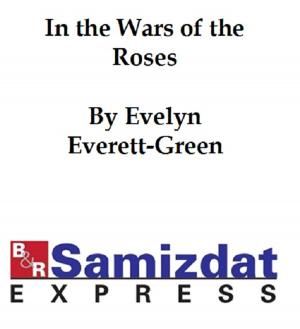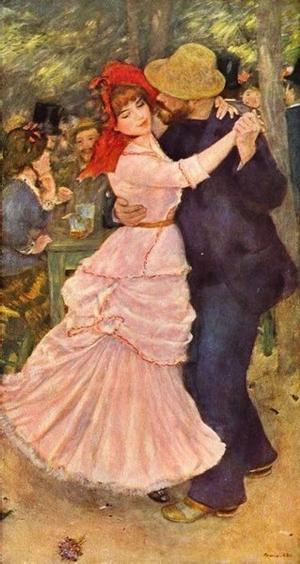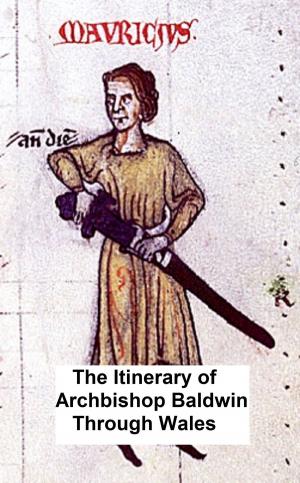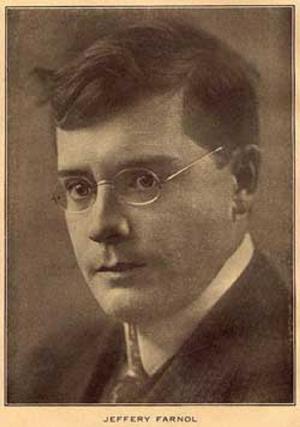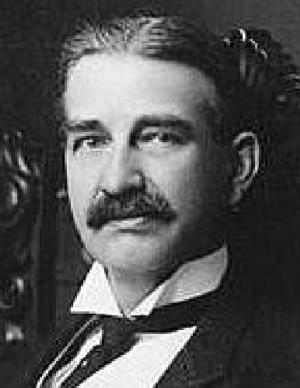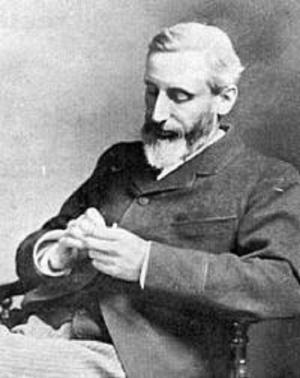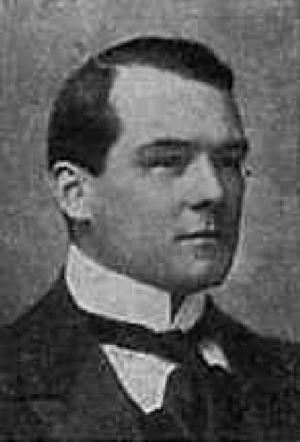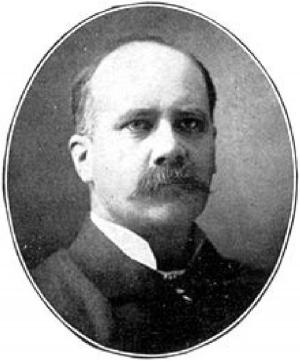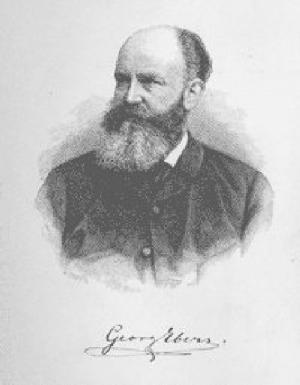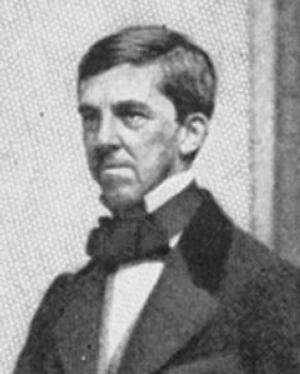Syd Belton or The Boy Who Would Not Go to Sea
Fiction & Literature, Classics, Kids, Teen, General Fiction, Fiction| Author: | Fenn, George Manville | ISBN: | 9781455388585 |
| Publisher: | B&R Samizdat Express | Publication: | June 10, 2015 |
| Imprint: | Quench Editions | Language: | English |
| Author: | Fenn, George Manville |
| ISBN: | 9781455388585 |
| Publisher: | B&R Samizdat Express |
| Publication: | June 10, 2015 |
| Imprint: | Quench Editions |
| Language: | English |
The book opens with a domestic scene with the boy Sydney having just finished dinner with his father, a Captain in the navy, and his uncle, an Admiral. They are discussing Syd's career, which the two old gentlemen hope will be as a naval officer. Syd, however has other ideas: he has been on his rounds with the local doctor, and thinks that he might like to be a doctor, too. The time of the story is in the middle of the eighteenth century, but the only real evidence of this is the fact of people wearing cocked hats. Other than that the story might fit a hundred years later, though there is a point late in the story where the French are the enemy. There is an episode in which Syd runs away from home, in company with the son of his father's gardener, the latter having been his boatswain in his naval days. On his return he realises that he does really want to be a naval officer, too. His father tries to get him an appointment as a midshipman with a captain he formerly served with, but wasrebuffed. He realises that the present First Sea Lord, the title of the Admiral in command of the whole navy, is someone he used to serve with in former days, so they go to see this eminent officer. The outcome is that Syd's father is appointed to command the Sirius, and is invited to take Syd with him as a midshipman. From here on we have an excellent and well-told narrative, describing Syd's early days in the Navy, and then an episode when he finds himself in command of a naval party holding a rock in the Caribbean. According to Wikipedia: "George Manville Fenn (January 3, 1831, Pimlico - August 26, 1909, Isleworth) was a British writer. He worked as a teacher in Lincolnshire, until he became printer, editor and publisher of various magazines. He had eight children with his wife Susanna Leake, whom he had married in 1855. Most of his work consists of adventure stories for young readers, featuring Explorers, Smugglers, young Adventurers and Seamen. His adult novels offer critical social commentary on Victorian England, especially reconsidering economic questions."
The book opens with a domestic scene with the boy Sydney having just finished dinner with his father, a Captain in the navy, and his uncle, an Admiral. They are discussing Syd's career, which the two old gentlemen hope will be as a naval officer. Syd, however has other ideas: he has been on his rounds with the local doctor, and thinks that he might like to be a doctor, too. The time of the story is in the middle of the eighteenth century, but the only real evidence of this is the fact of people wearing cocked hats. Other than that the story might fit a hundred years later, though there is a point late in the story where the French are the enemy. There is an episode in which Syd runs away from home, in company with the son of his father's gardener, the latter having been his boatswain in his naval days. On his return he realises that he does really want to be a naval officer, too. His father tries to get him an appointment as a midshipman with a captain he formerly served with, but wasrebuffed. He realises that the present First Sea Lord, the title of the Admiral in command of the whole navy, is someone he used to serve with in former days, so they go to see this eminent officer. The outcome is that Syd's father is appointed to command the Sirius, and is invited to take Syd with him as a midshipman. From here on we have an excellent and well-told narrative, describing Syd's early days in the Navy, and then an episode when he finds himself in command of a naval party holding a rock in the Caribbean. According to Wikipedia: "George Manville Fenn (January 3, 1831, Pimlico - August 26, 1909, Isleworth) was a British writer. He worked as a teacher in Lincolnshire, until he became printer, editor and publisher of various magazines. He had eight children with his wife Susanna Leake, whom he had married in 1855. Most of his work consists of adventure stories for young readers, featuring Explorers, Smugglers, young Adventurers and Seamen. His adult novels offer critical social commentary on Victorian England, especially reconsidering economic questions."
